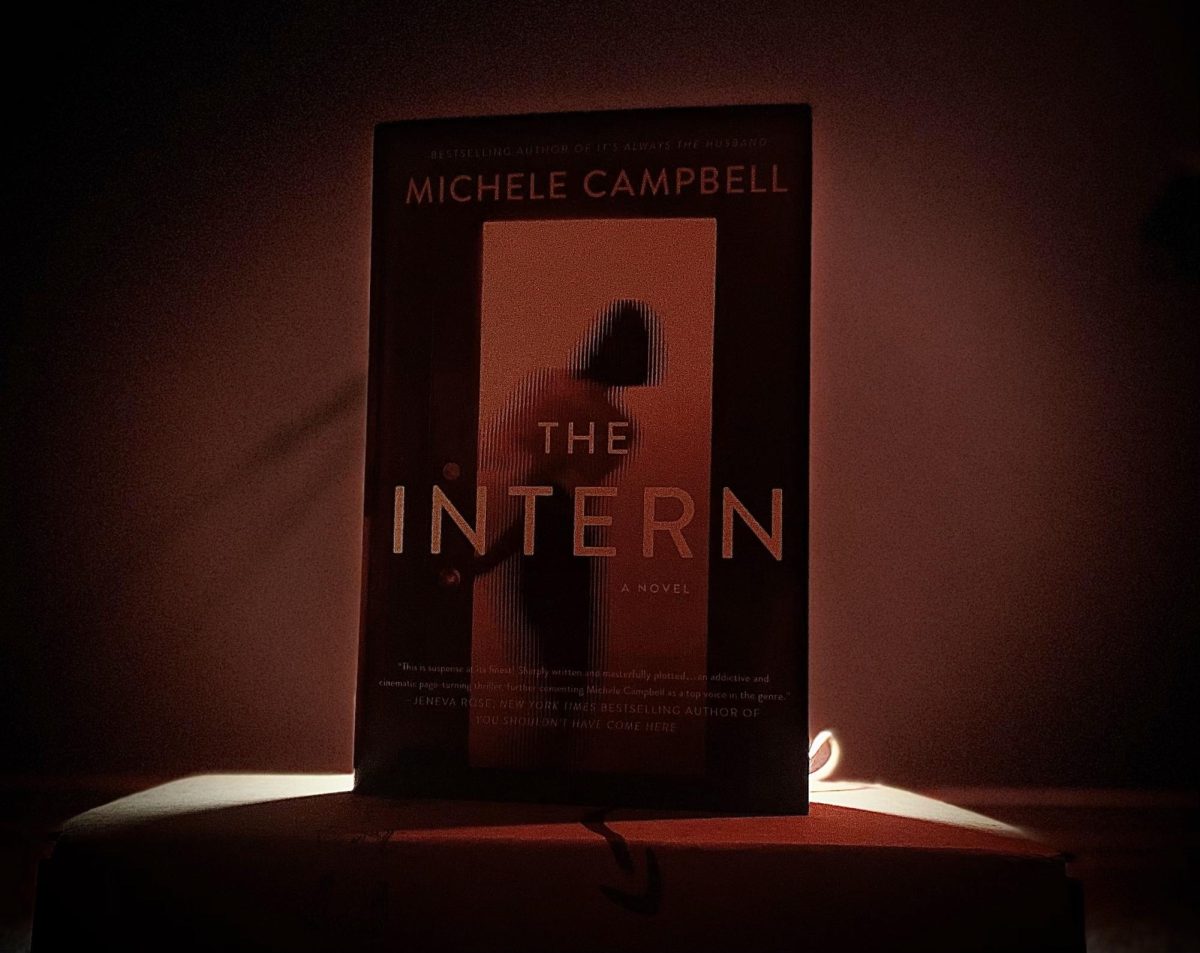The College Tuition Debate: Who Pays?
February 21, 2020
As Bernie Sanders said, “We have got to make sure that every qualified American in this country who wants to go to college can go to college—regardless of income,”; however, there are many problems that will arise if this plan is enacted. This is not to say that college tuition is not a pressing issue, as according to the New York Times, the average college tuition has risen over 200% since 1998, and 44 million Americans hold around $1.5 trillion dollars in debt. The issue has also become prominent in the recent Democratic Debates with many advocates for solving the problem of the cost of college. However, implementing universal college tuition will most likely be unfair to the majority of the nation.
According to Business Insider, The United States Congress passed a bill called the Middle Income Student Assistance Act, which made loans available to all undergraduates. It also created Pell Grants, available to middle-income students. What am I getting at? This bill, and probably more that have passed, notified colleges that the American people would have more buying power. They realized the American people could pay for college through federal grants or loans as well as private wealth, which gave them the freedom to increase their prices. Therefore, government intervention, though it was trying to help the people, was a likely cause of tuition prices rising sky high.
If America sets up a system where the federal government pays completely for college (I’m sure you’ve heard Sanders and Elizabeth Warren fans raving about this), what will that tell colleges? They would now have ABSOLUTE freedom to jack the prices up incredibly because it’s all paid for anyway. This would be fine if there was a magical unicorn in every state that pooped out billions of dollars of cash, but it will likely be paid for by that word that every adult dreads: taxes.
In addition, for everyone who has not gone to college or has already graduated from college long ago, they will be paying for every subsequent generation to attend a four-year college for the rest of their lives. They will receive a burden that doesn’t belong to them and isn’t theirs to carry. Those who have not gone to college will be upset because they have to share the costs of education they never received, and will not be of any use that education themselves. Those who have previously attended college will feel it is unfair that future generations will receive higher education for free while they had to pay for it. They probably worked hard to save their money for college tuition, and now find out they will be forced to pay for everyone else’s college education as well.
The solution to the problem of college tuition can be solved from students’ selection of colleges and from scholarships. If the majority of students sought out the lesser-known, cheaper colleges, and left the $50,000 per year private colleges alone, then those other expensive colleges would be forced to lower their costs to stay in business by the law of supply and demand. In addition, scholarships can significantly lower costs of college, especially if a certain number of people are already lower class, they can enter into Ivy League or highly respected colleges with the right GPA and SAT scores.
In conclusion, college should not be free as government intervention does not help student debt, and if one individual decides to go to college for the benefit of themselves, the whole country should not be required to pay for it.





















































